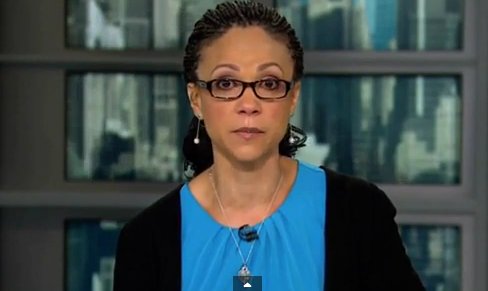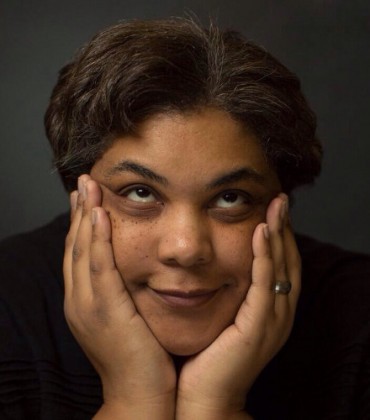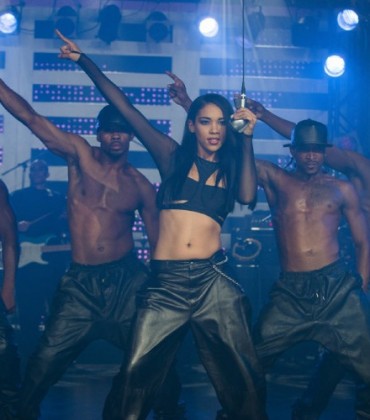
Let’s talk about apologies.
Even if you think the jokes she made about the Romney family’s adoption of a black child were “not a big deal”, this apology was necessary. It was something that needed to happen. The jokes and ensuing controversy were a distraction from the message that Melissa Harris-Perry tries to put out there every week on her show. Instead of talking about her Black Feminism Syllabus, we were talking about whether or not joking about a toddler is “that bad”. Instead of talking about how to solve the plight of poverty among women, especially women of color, we were left making excuses for a woman we supported and didn’t want to see dragged through the mud. Her apology, which the Romney family accepted, finally allowed her “to get back to work”, so to speak, without a cloud of controversy hanging over her. Her tears were heartfelt, but she wasn’t crying for herself, she was crying for all the people who follow her and look up to her who were disappointed in her. She was emotional for all the people out there who were defending her because they believed in her. Melissa Harris-Perry’s apology wasn’t solely about Melissa Harris-Perry, because good apologies are never about the person apologizing. When you apologize, it’s not supposed to be about you.
Over the years, I’ve learned the value of an apology. An apology is not just way to alleviate guilt, or save my position; it’s a way to repair a relationship, maintain a relationship, and let the people I’ve offended or hurt know that I care about them. This is why the “I’m sorry if you were offended” sort of apologies ring so hollow. The words make it seem like the apology is about you, but it’s actually about me. In essence, your offense is your problem, and I just think that’s a shame. So, “I’m sorry if you were offended”, but I’m not sorry I offended you. I’m not actually sorry at all.
But just as I’ve learned how to apologize, I’ve learned to accept an apology. I’ve learned to move on and love and be happy. I’ve also learned that when someone refuses to give you an apology it says a lot about them. When someone refuses to apologize it means they value their pride over their relationship with the person they’ve offended. I’ve learned that moving on doesn’t just mean moving on from my anger and resentment, but moving on from the person that offended me and refuses to apologize.




